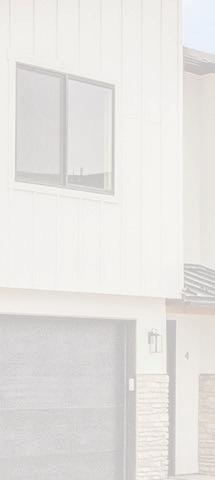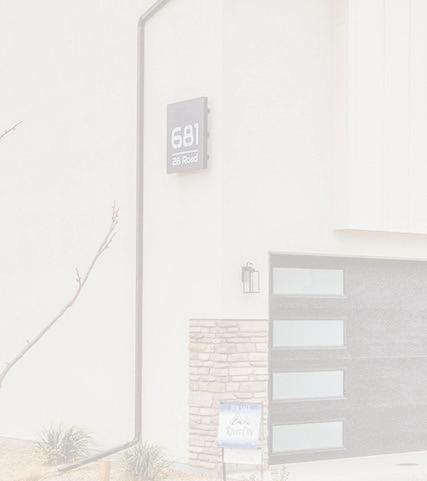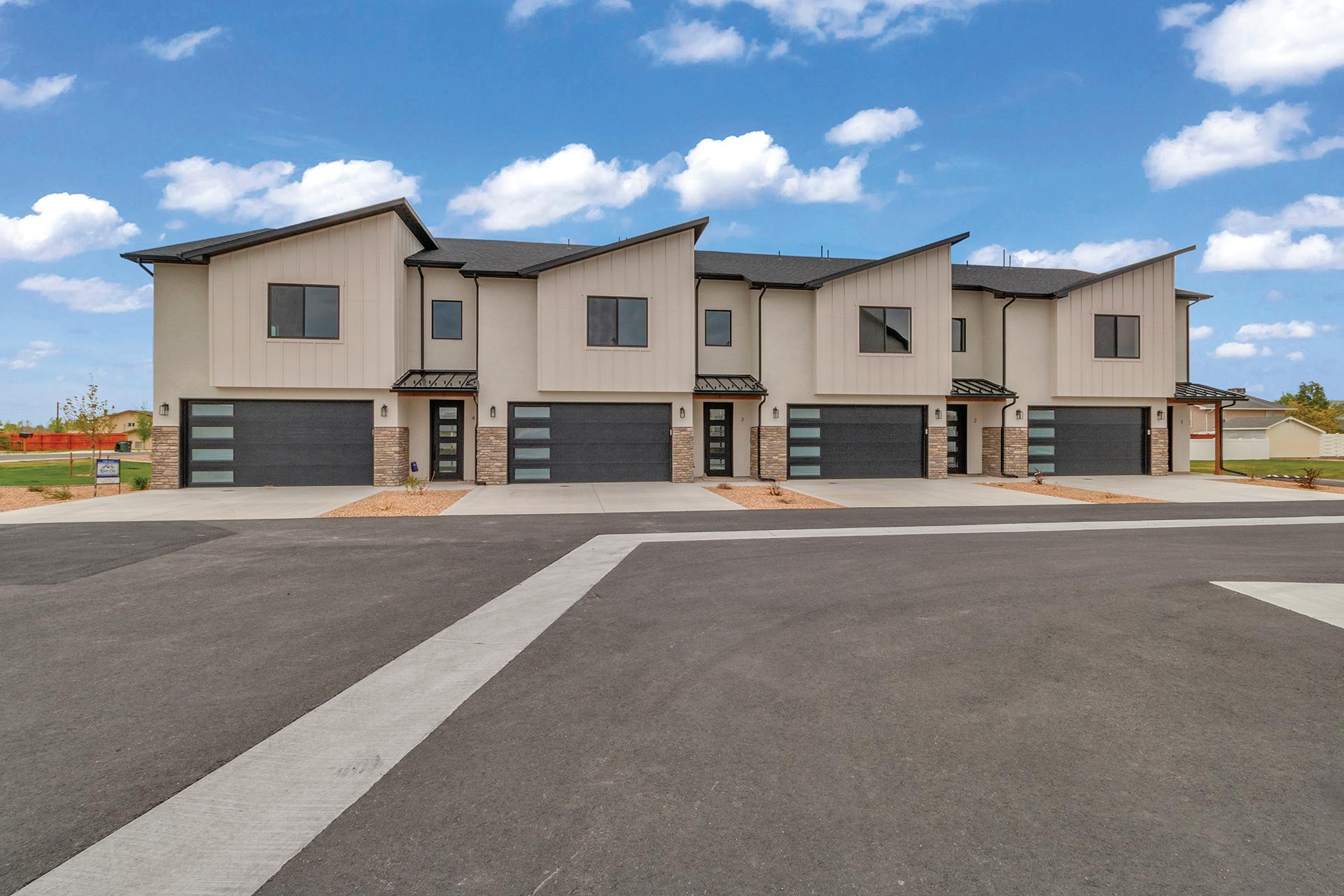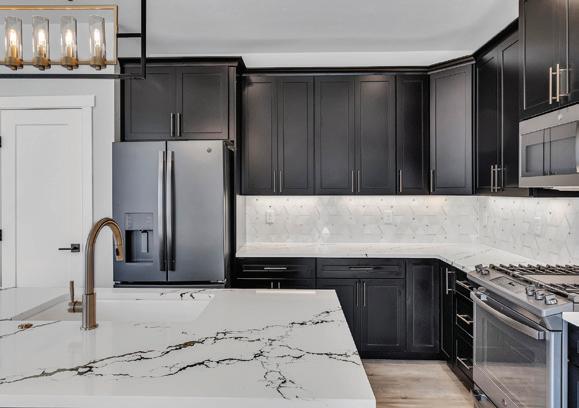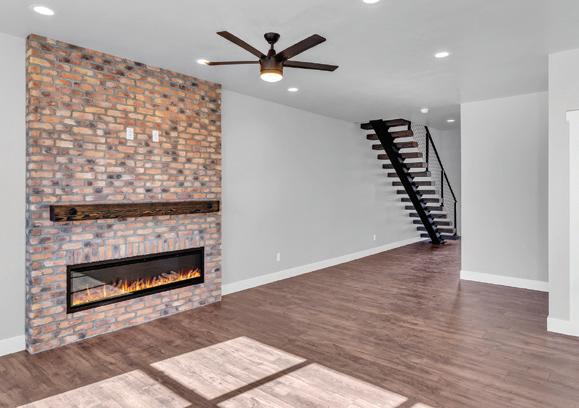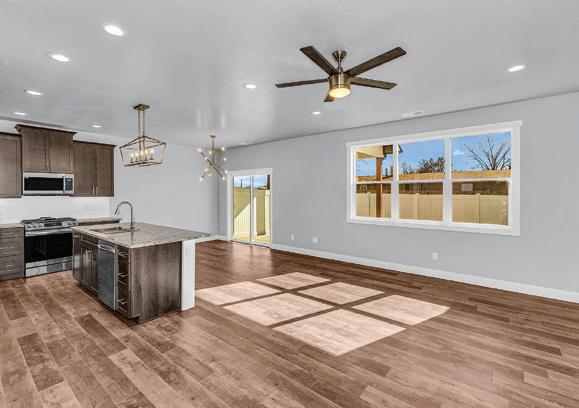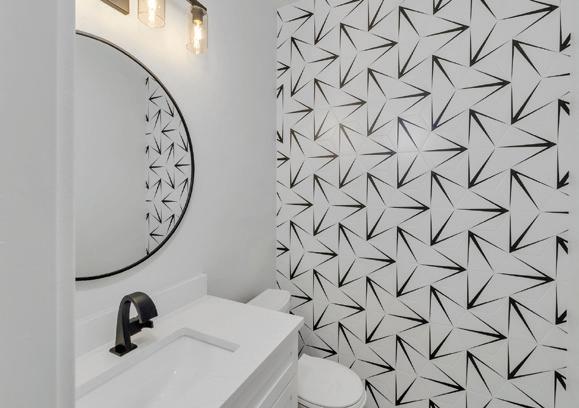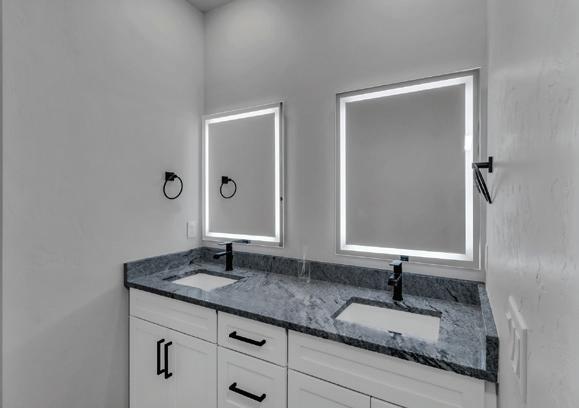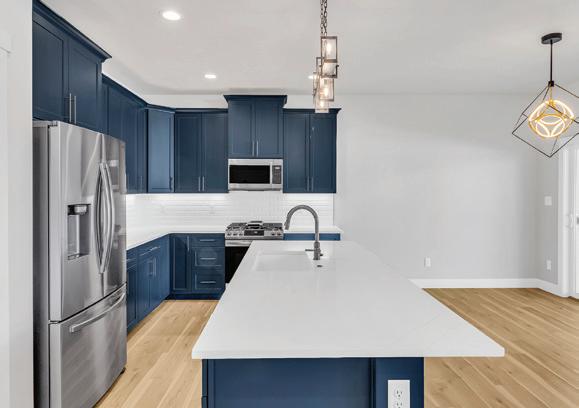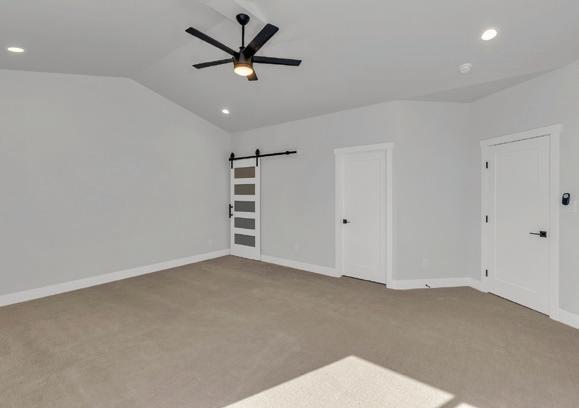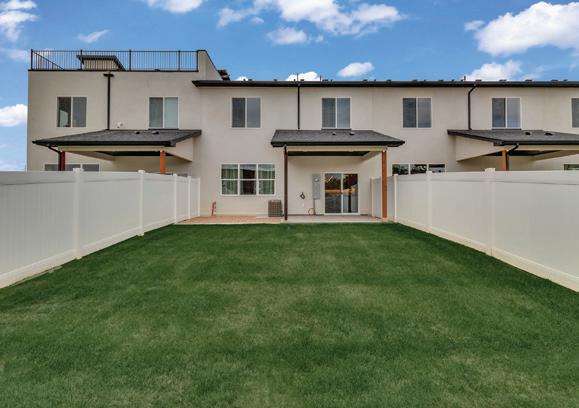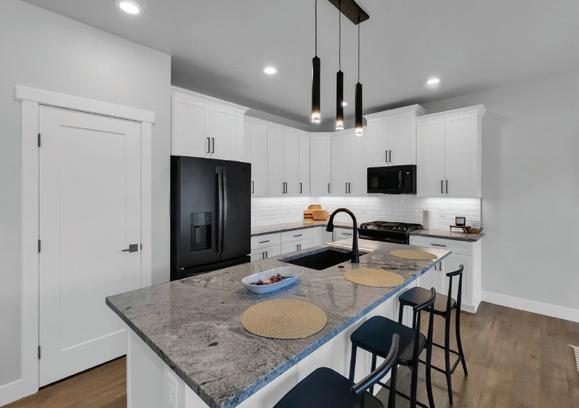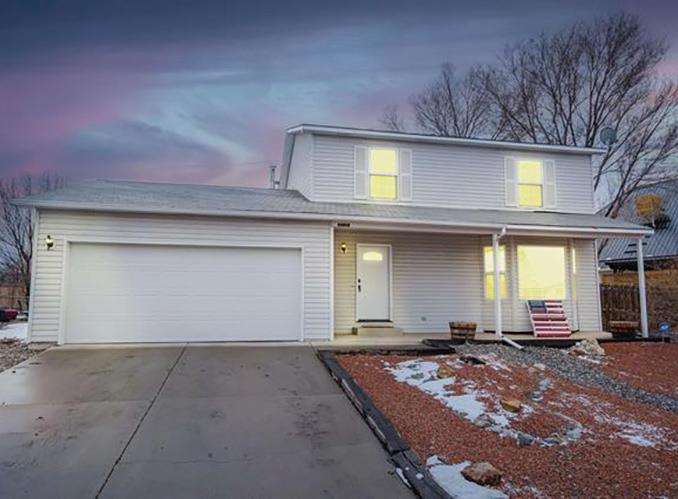
1 minute read
The Benefits of Energy-efficient Homes


Advertisement



Consumer efforts to be more eco-conscious are more and more noticeable. For proof of that, one need look no further than the increase in vehicle charging stations. Such stations are more accessible than ever and illustrate that consumer preference is increasingly leaning toward products that leave as small a carbon footprint as possible.
Another indicator of a growing interest in eco-friendly products is the popularity in energy-efficient homes. In fact, a recent survey from the National Association of Home Builders found that energy-efficient features are among the most sought-after “must-haves” among homebuyers. Among those surveyed, 83 percent desired Energy Star-rated windows, 81 percent wanted Energy Star-rated appliances and 80 percent preferred energy-efficient lighting.
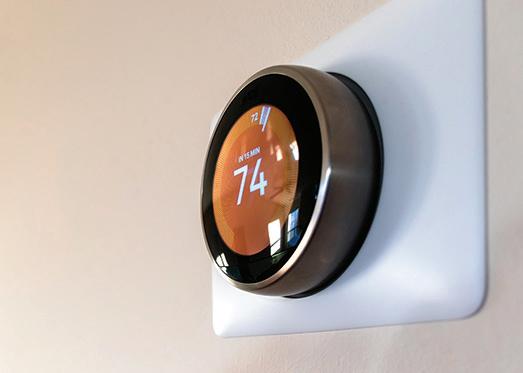
Though eco-conscious sensibilities compel millions of homeowners to make their homes more energy-efficient, that’s not the only reason to upgrade your home. The following are a handful of the many benefits of energy-efficient homes.
Save Money
Inflation was one of the biggest stories of 2022, as the cost of living rose dramatically in the wake of world events. According to data from the U.S. Bureau of Labor Statistics, inflation led to an overall 6.5 percent increase in prices. But that increase was dwarfed by the cost of electricity, which increased by 14.3 percent in 2022. Energy-efficient appliances can help homeowners overcome that spike, as the U.S.
Department of Energy indicates upgrading to such products can help homeowners reduce their energy costs by as much as 30 percent.
Improve Resale Value






As the NAHB survey indicates, modern homebuyers want energy-efficient homes. They’re also willing to pay more for such homes. Research from the mortgage lender Freddie Mac found that homes with energy-efficient ratings sold for nearly 3 percent more on average than homes without such ratings.

Live Healthier
The benefits of energy-efficient homes aren’t just economic, though health-related benefits certainly produce an economic incentive as well. According to the American Council for an Energy-Efficient Economy, insulation and air sealing protect individuals from heat waves and other ripple effects of climate change. The ACEEE notes that weatherization can improve indoor air quality and comfort, a notable benefit for asthma sufferers and seniors. In fact, the ACEEE estimates that integrating energy efficiency programs in homes could reduce seniors’ risk for falls in their homes, potentially saving $2 billion in fall-related health care costs over the next decade, and improve asthma outcomes, which could reduce health care costs by as much as half a billion dollars.
Energy-efficient products and practices pay numerous dividends, making them a worthy expenditure for any homeowners looking to upgrade their homes.


